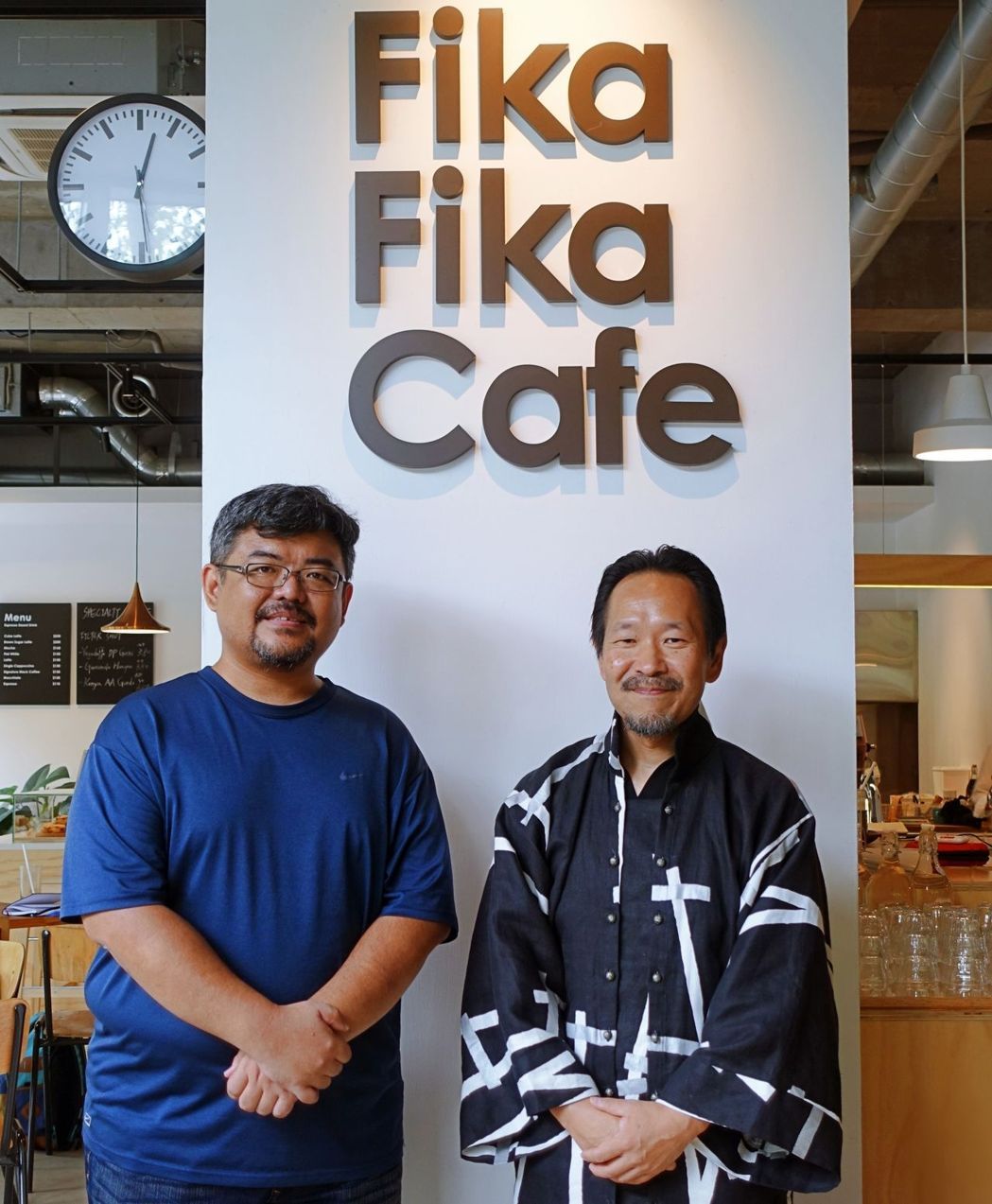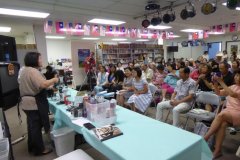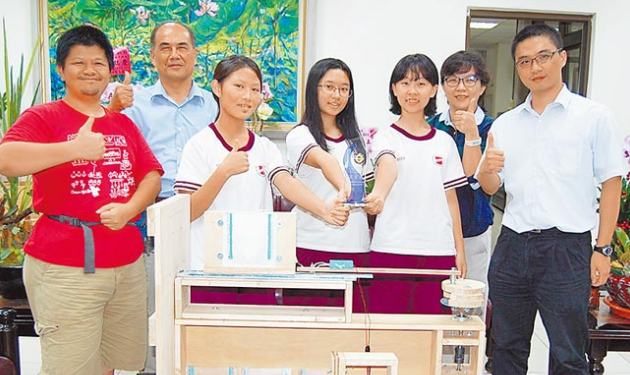Japanese Suki Yoshiya said: If I open a shop in Taiwan, I will build a menu-free cafe
About Suki Yoshiya:
Hiroki Yoshiya, who has been studying coffee for 30 years, started his own roasting coffee shop Caffe Verdi in Kyoto in 2003 after studying Taguchi, the king of Japanese coffee industry. Coffee beans have even been designated as special coffee by two high-end hotels in Kyoto, Hoshino and Meishan Villa. Some people have described Sumi Yoshiya's coffee as "House taste", meaning that it is a slightly sour and bitter taste loved by Kyoto people. after being imported, it is as fleeting as the morning mist of Yukawa, but it is memorable.
Taiwan not only has its own roasting cafes in full bloom, but also its own coffee beans have grown significantly. The first Taiwan-Japan Coffee Multicultural Exhibition (Culture & Coffee Festival in Taipei) held this year has just ended, and a small Taiwan-Japan coffee exchange is being held at Fika Fika Cafe Sunshine Shop the next day. The famous coffee staff of Taiwan and Japan are invited by DoMo Cafe of Japan: Ishiya, founder of Caffe Verdi, and Chen Zhihuang, founder of Fika Fika Cafe. The two talked about everything from "the current situation of coffee in Taiwan and Japan" to personal thoughts such as "if you open a shop in Taiwan and Japan" and "a good cup of coffee."
This Taiwan-Japanese coffee exchange session stems from the newly opened DoMo Cafe in Shinjuku, where Fika Fika Cafe and Caffe Verdi specially baked shallow and deep recipes of beans to provide customers with a choice, and this time Shimu Yi was also invited by DoMo Cafe to show his hand-brewing skills in Culture & Coffee Festival. A small passageway crowded into many coffee fans to catch a glimpse of the staff.

Talking about the development of coffee in Taiwan and Japan, Chen Chih-Huang says that Taiwan already has the highest density of self-baked coffee in the world, with about 2000 on small islands, which are as deep as shallow and as rich as a kaleidoscope. Japan is not that different. It is generally mild and smooth.
As for the idea of a good cup of coffee, Sumi also skillfully uses photography to compare coffee. He believes that a good cup of coffee is based on good tools, theories, and staff skills, just like showing good photos, except for excellent shooting skills. He will choose to use a monocular camera rather than a mobile phone to show a clear, impurity-free flavor.
Chen Zhihuang said that Fika Fika treats coffee as a delicacy, and coffee beans are ingredients. Roasting, brewing and other steps give people ideas in cooking. In order to make each cup delicious and comfortable and stable in quality, it will introduce the use of the latest technology and the best equipment, such as Modbar, which can set its own extraction pressure curve, to create good coffee that can be drunk at any time of the day.
What will it look like if you open a shop in Japan? Chen Chih-Huang mentioned: "there are two things I would like to ask the Japanese to try. First, coffee beans are planted in Taiwan. Taiwan coffee has made remarkable progress in recent years. There are coffee farmers in Taiwan from south to north, east coast and west coast, so there are very few opportunities for foreigners to drink. Second, pearl milk tea, if you want to combine coffee with the famous international pearl milk tea, I believe it will be a favorite taste of the Japanese." constantly devoting itself to promoting Taiwan coffee.
Shimu Yi also said: "if I open a shop in Taiwan, I will build a non-menu cafe. By providing 30 kinds of coffee beans and staff skills, I will ask each customer what flavor they like to meet everyone's needs." it shows that the Japanese coffee culture pays full attention to the professional requirements of "brewers" with their own concentration and rigorous skills.
Important Notice :
前街咖啡 FrontStreet Coffee has moved to new addredd:
FrontStreet Coffee Address: 315,Donghua East Road,GuangZhou
Tel:020 38364473
- Prev

Lecture on "Taiwan Taste, Coffee Love" at Orange overseas Chinese Center
Taiwan flavor, coffee love overseas Chinese life lecture conveys Taiwan food culture. For the exchange of professional baristas, please pay attention to the coffee workshop (Wechat official account cafe_style) Orange County overseas Chinese Culture and Education Service Center held a lecture on the life of overseas Chinese with Taiwan flavor and coffee love on the afternoon of the 30th, inviting coffee expert Lu Jinxing to demonstrate the coffee brewing mode of desktop and national flavor, conveying a rich food life culture in Taiwan.
- Next

Because I love coffee, I ended up drinking the national science exhibition champion.
Luo Yilin, a senior high school student in Taiwan, drank many brands and countless fresh milk for one year. She found that milk foam added to coffee about 1.5 cm thick can reduce the vibration amplitude by 57%, that is, the damping effect of milk foam on liquid. Demonstrate physical fluid dynamics, won the title of agriculture and food science champion and best creative award of this year's national science exhibition. What is the damping effect? Damping effect is from foam and cup
Related
- What grade does Jamaica Blue Mountain No. 1 coffee belong to and how to drink it better? What is the highest grade of Blue Mountain coffee for coffee aristocrats?
- What are the flavor characteristics of the world-famous coffee Blue Mountain No. 1 Golden Mantelin? What are the characteristics of deep-roasted bitter coffee?
- Can I make coffee a second time in an Italian hand-brewed mocha pot? Why can't coffee be brewed several times like tea leaves?
- Hand-brewed coffee flows with a knife and a tornado. How to brew it? What is the proportion of grinding water and water temperature divided into?
- What is the difference between Indonesian Sumatra Mantinin coffee and gold Mantinin? How to distinguish between real and fake golden Mantelin coffee?
- What does bypass mean in coffee? Why can hand-brewed coffee and water make it better?
- Unexpected! Ruixing Telunsu lattes use a smoothie machine to foam milk?!
- % Arabia's first store in Henan opens into the village?! Netizen: Thought it was P's
- Does an authentic standard mocha coffee recipe use chocolate sauce or powder? Mocha Latte/Dirty Coffee/Salty Mocha Coffee Recipe Share!
- What is the difference between Vietnam egg coffee and Norway egg coffee? Hand-brewed single product coffee filter paper filter cloth filter flat solution!

